News & Updates
Experience Engineered Excellence and Efficiency.

Solving Two Crises Integrating C&I Solar with Water Pumping, Treatment, and Harvesting Systems for Operational Resilience
In South Africa, commercial and industrial (C&I) operations are consistently challenged by two volatile utilities: power and water. Load shedding disrupts production, but water scarcity
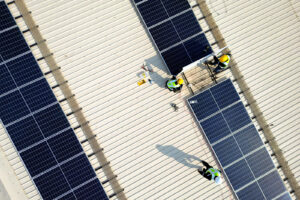
Beyond Regulation: Comprehensive Guidelines for Commercial BESS Fire Mitigation
In the push for energy independence across South Africa, Battery Energy Storage Systems (BESS) are rapidly becoming a non-negotiable component of commercial and industrial solar
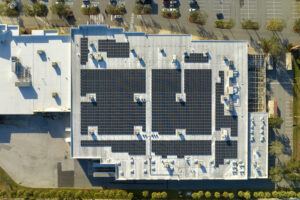
Decoding the Commercial Solar Deal: How to Leverage PPAs, Tax Deductions, and ESCO Models to Optimise Working Capital
For large South African enterprises, installing solar is no longer simply an operational response to load shedding; it has become a strategic financial decision. The
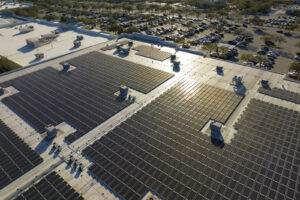
From Preventative to Predictive: How Technical Intelligence Stops Commercial Solar Failure
For commercial property owners, REITs, and industrial facility managers, large-scale solar installations are critical assets expected to deliver reliable power for decades. Meeting this expectation
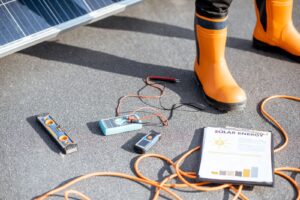
Protect Your Business and Bottom Line
How hybrid solar systems ensure business continuity and cost savings South African businesses are increasingly exposed to rising electricity tariffs and unpredictable load-shedding schedules. For
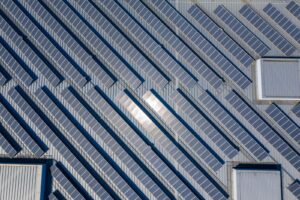
From Roof to Revenue. The Business Case for Commercial Solar
Turn your commercial rooftop into a profitable, sustainable asset Electricity costs in South Africa are rising rapidly, and the recurring threat of load-shedding returning continues
